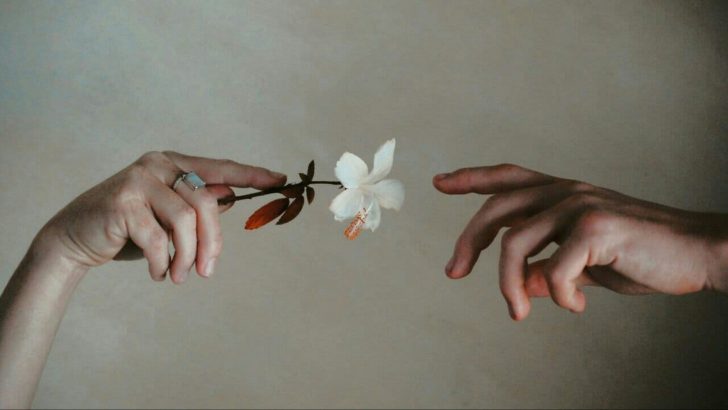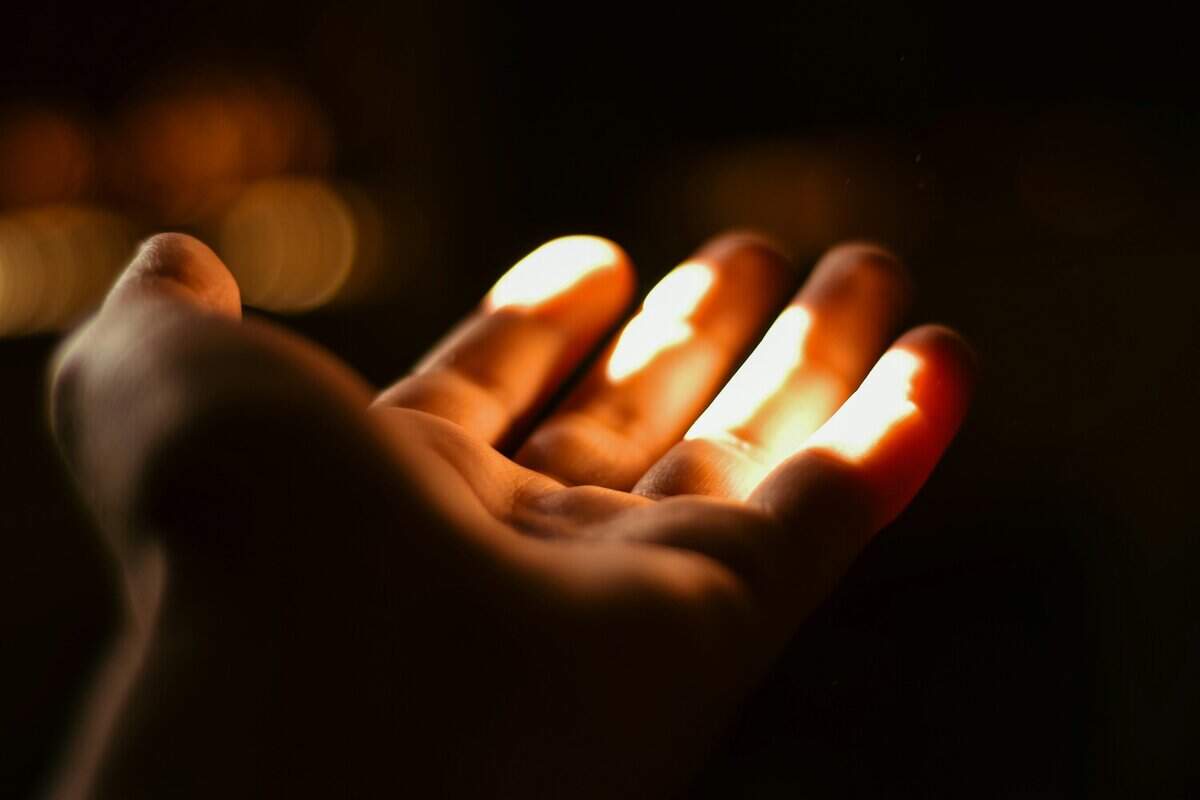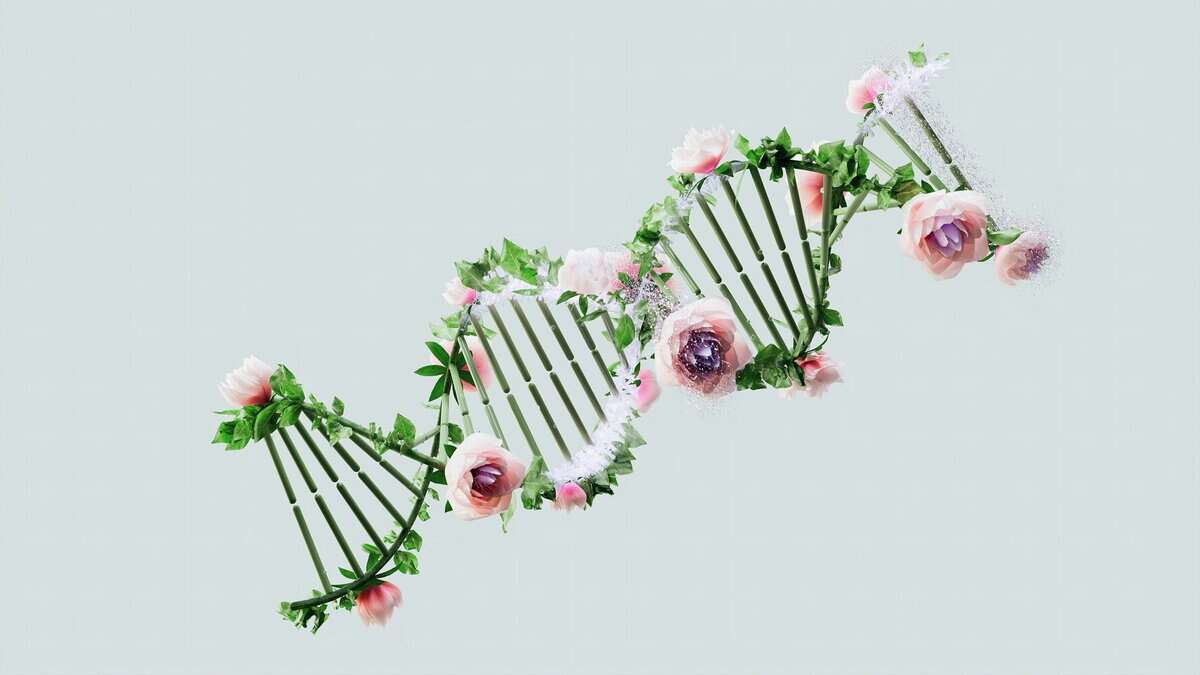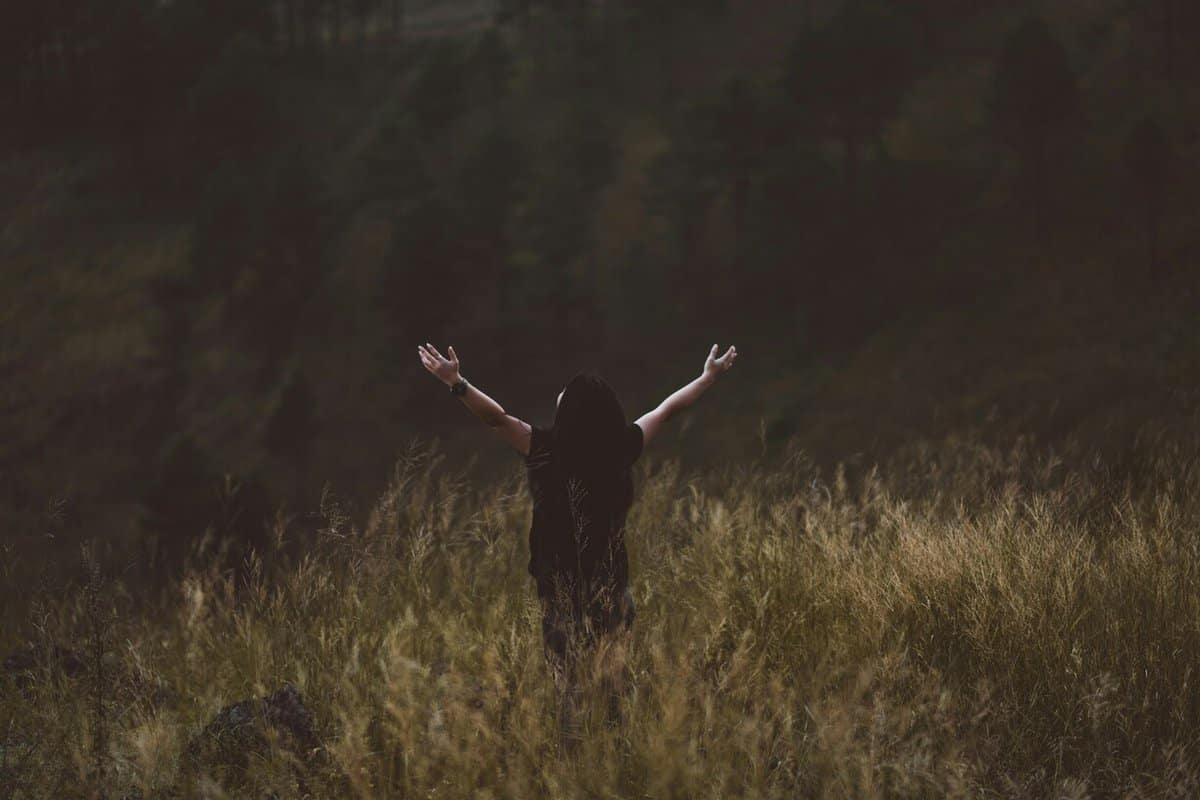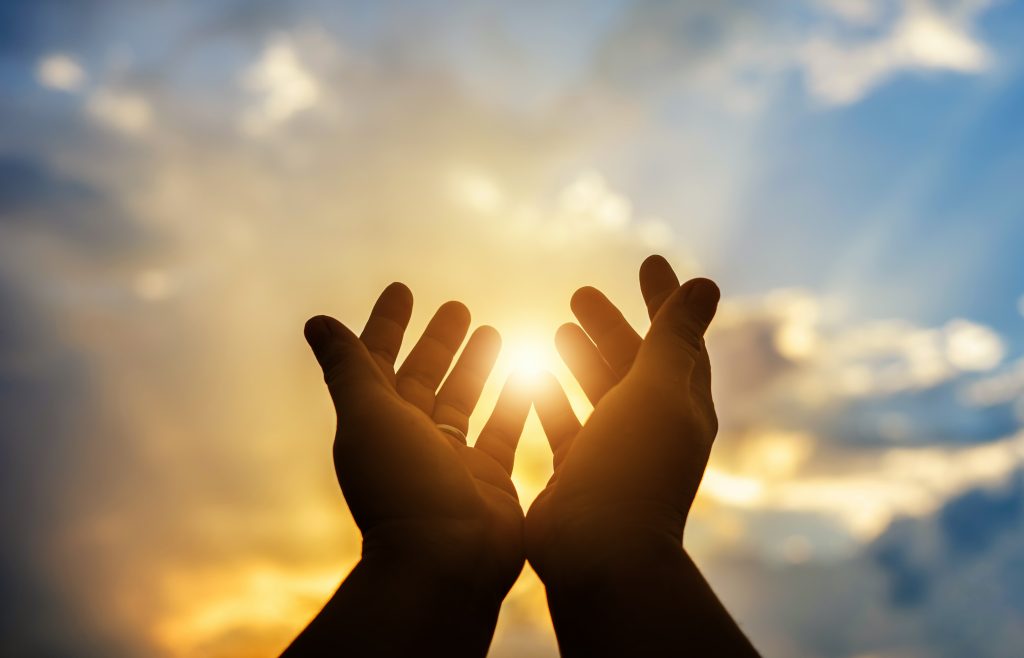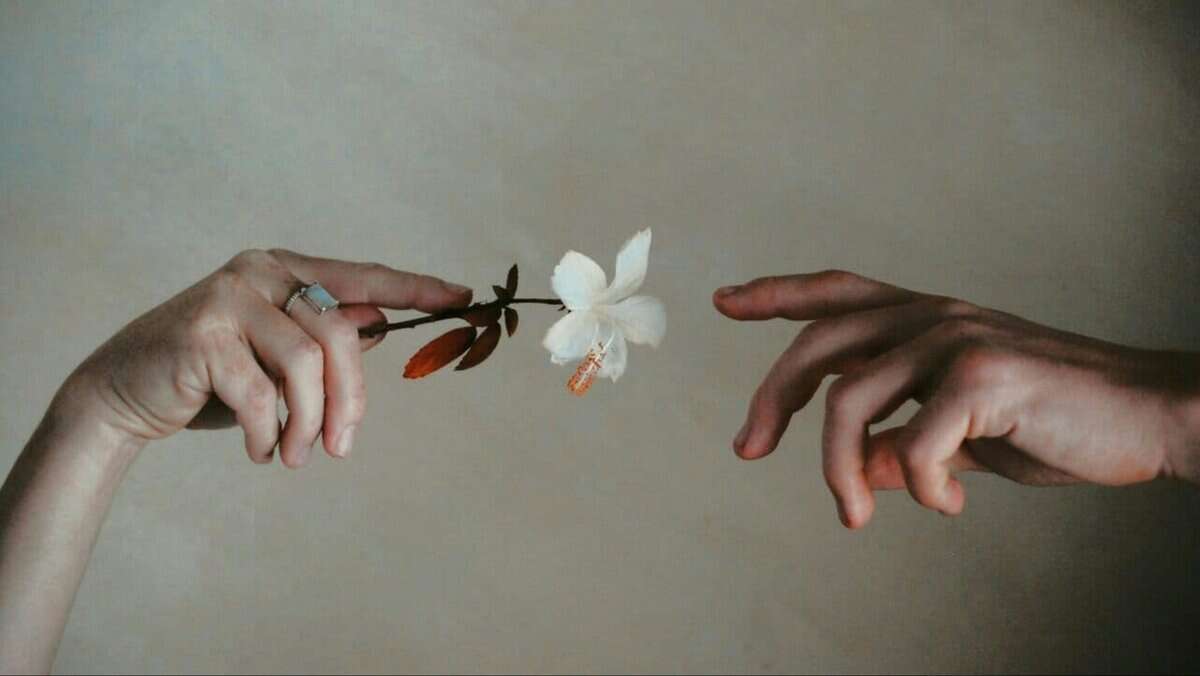Some burdens that we bear aren’t really ours at all; they’re echoes of old sins and sorrow from those who came before us.
These burdens cling to us, but they’re not punishments. They’re invitations to heal and forgive, and break the cycle that’s followed our families for generations.
We’re all part of something greater, and our ancestors have left us with much more than a bad temper and eye color.
We carry the weight of history and the power to change the future.
1. Recognize the Silent Sins
The main issue with the sins that have been passed down is that they can’t be seen on the surface. They’re like quiet whispers in the background of your life.
Maybe it’s a family secret or a heavy regret.
To be able to recognize these silent burdens means opening your mind to the idea that you’re not just an individual – you’re also a link in a long chain.
について pain, shame, そして あくぎょう of your ancestors live in your bones, waiting to be acknowledged.
By having the courage to face them, you become lighter.
2. Acknowledge the Unspoken Sorrow
All of our ancestors have lived harsh lives. There were sorrows they never got to speak about, tears they never cried, sins they never repented for…
And this sorrow is woven into our DNA, echoing in our dreams and 私たちの 下意識.
When you include them in your prayers or meditation, you’re connecting with that unspoken pain. Their sorrow, once hidden, now gets revealed and dealt with.
They were never extended compassion for these hidden wounds, and that becomes part of your sacred mission.
3. Embrace the Task You’ve Been Given
If you’re a believer, then you know that none of us are here by accident. We’re here to do our part in what those before us started, and forgiveness is one way to make this task easier.
It’s a sacred duty; some of our ancestors were never forgiven for their sins, and it’s an act of pure love and mercy to do this for them.
Think of them, remember their lives and their woes, and include them in your prayers.
You’re not just healing yourself, but generations of people; those from the past and those that are yet to come from you.
4. The Power of Prayer
Prayer, meditation, talking to the universe – these are the languages of the heart, powerful and profound.
When you think back on your ancestors’ sins and request mercy and forgiveness on their behalf, you’re participating in an act of collective healing.
The barriers of ego, guilt, and shame melt away, and you become the bridge between your ancestors and the divine.
The wounds and sins of the past generations might not be obvious, but they still shape your life and influence your unconscious patterns.
By praying for collective healing, you heal yourself, too.
5. Turn Wounds Into Love
Resentment is natural, and it can overcome us before we even know it. That’s why you must make a conscious choice to release resentment and guilt, whether they’re ancestral or your own.
Quiet your pride, repent for your own sins, and forgive those of older generations, and you’ll feel transformed.
Some call this the divine alchemy, because it turns suffering into love.
The point isn’t to act like your predecessors made no mistakes; it’s to recognize those mistakes, ask for divine forgiveness, and forgive them yourself.
6. Healing Yourself and Others
Faith is a powerful force, regardless of religion. Feeling connected to and protected by something much greater than ourselves is so much more powerful than we realize.
By choosing to break the chains of unforgiven sin and sorrow that have bound your ancestors, you heal yourself on so many levels.
The past generations are no longer present and have no way of healing their wounds.
So, when you believe that they can be healed and when you ask for mercy on their behalf, everything shifts.
Through this healing, your faith becomes even greater.
A little Aquarius, devoted to writing and embroidery. Through my writing, I hope to empower readers to align with their true selves and navigate life’s mysteries with confidence.

